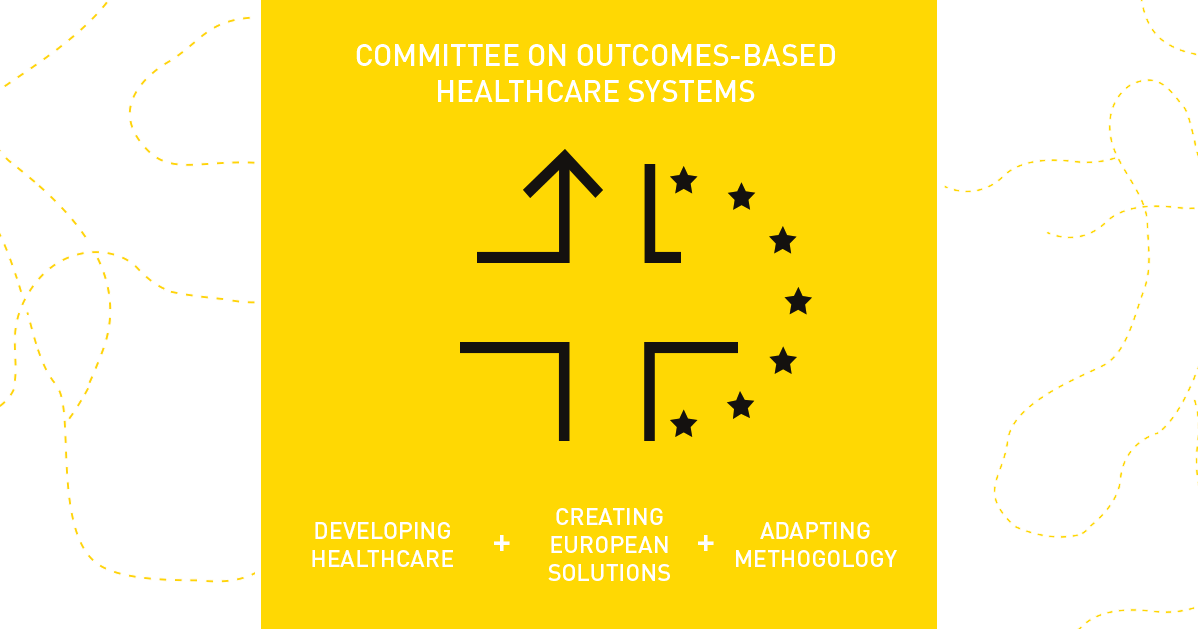NEWS > SPOTLIGHTS

April, 24, 2018
Despite the fact that the European Commission has successfully managed to drive the collection of ‘hard’ data, there remain considerable gaps and challenges in health data coverage.
EU Member States have developed significantly different approaches to monitoring and assessing healthcare system performance. Countries also record and store health data differently as wide variations are being observed in the definition of medical indicators and structure of electronic health records (EHRs) while only few countries have introduced a single patient identifier (SPI) systems facilitating cross-border, integrated care.
Ensuring data standardisation and interoperability is just, however, one part of the solution. EU healthcare systems tend to measure inputs (e.g., healthcare spending), processes (e.g., blood pressure check), and outputs (e.g., blood results) but do not sufficiently take into account outcomes (e.g., quality of life indicators) which matter most to patients. In addition, there is no standardised approach to collecting, analysing or interpreting patient-reported outcomes (PROs) in clinical trials and evidence shows that patients’ involvement in the development of PROs remains limited.
To drive the transition towards outcomes-based health care, we recommend to: